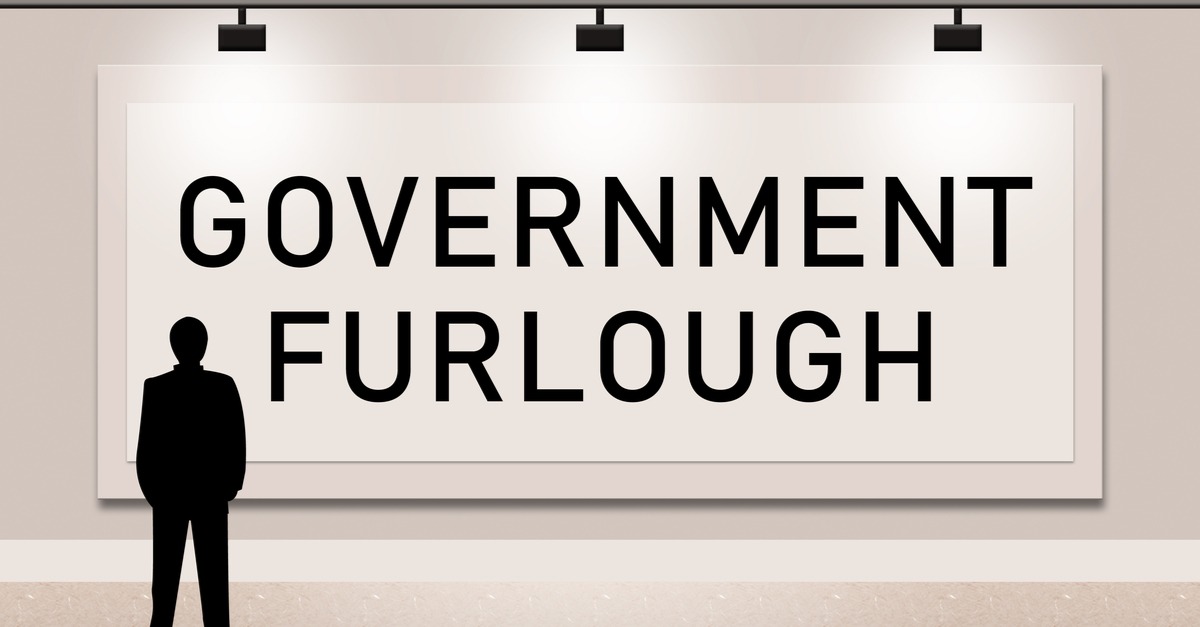The current outbreak of COVID-19 has given many of us more time than usual and additional grounds to reflect on our future and has prompted people to ensure that their personal legal affairs are in order.
As a result there has been a surge in people putting in place Wills and the majority are using online services to this given the ability to draft a will online very quickly and for a very low fee.
While these are the attractions of this type of service, the benefits stop here with clients choosing online wills facing extremely high risks of not having their wills prepared by professionals.
If it sounds too good to be true, it probably is
The main problem with online wills is that when they go wrong, they tend to go horribly (and expensively!) wrong. Usually, by the time the critical mistakes that an online will contains are noticed, the testator has already passed away leaving the heirs to deal with the unfortunate consequences of the improperly drafted document.
What are the key points and common problems?
Ambiguity: A poorly drafted will is at risk of being declared invalid due to being too vague. Such a will fails to effectively dispose of the testator’s assets in the correct manner and might trigger the rules of intestacy. Seeking professional advice is the only way to ensure that the client’s wishes are properly put onto paper.
Cost-effectiveness: While choosing an online will might be a quick and affordable option, serious financial consequences may follow. While in certain cases the issue may be merely covering legal fees for the rectification of a poorly drafted document, sometimes an online will can lead to undesirable tax consequences for the testator’s estate. In the worst-case scenario, the outcome can be part of the gifts or all of the them failing.
Identity verification: Online service providers do not verify the identity of their users in a manner sufficient for the preparation of a will. Online service providers are unable to check whether testators are who they claim to be and whether they have the requisite capacity. This can lead to disgruntled beneficiaries claiming that the Will has been drafted against the testator wishes or that they did not have capacity.
Solicitors are subject to strict regulations and obliged to conduct all the necessary checks.
Legal language: A high level of detail and legal language is required to ensure that a will serves its intended purpose. Using a single incorrect word can affect what the will intends. Lawyers understand the importance of including specific wordings to cover all eventualities. The interpretation of clauses in professionally drafted wills has stood the test of time.
Quality of advice: Online service providers do not offer advice on tax consequences, overseas assets, bankruptcy, trusts, marriage breakdown and many other things. To provide the advice you need, a professional will take detailed instructions on what the estate comprises and who the intended beneficiaries are.
Safeguards: Solicitors are bound by the SRA Standards and Regulations, subject to compulsory training and obliged to have professional indemnity insurance. Furthermore, lawyers are bound to keep up-to-speed on the changes in law. While lawyers have all the necessary safeguards in place, this is what online service providers often lack.
Validity: What are the legal formalities to make a will valid? What do the terms ‘trustee’, ‘executor’ and ‘administrator’ mean? How are they different from each other? Who qualifies as a witness? Solicitors will ensure that the will is executed in accordance with the rules and the estate goes to the testator’s intended beneficiaries.
Do not risk it
The risks faced by preparing an online can hugely outweigh the benefits. Though they can be quick and cheap, a poorly drafted will can lead to undesirable tax consequences or litigation.
At best some of the gifts in the will might not take effect, however, at worst the will might not be valid at all!
For these reasons, during these unprecedented times, clients should ensure that their wills are prepared, kept under review and amended by qualified lawyers with expertise in wills and estate planning.
However, even if clients have put in place an online Will, we would strongly urge that contact specialists for advice and assistance to get their documents checked as soon as possible.
If you have a question, please contact James Cohen directly on [email protected] or 0207 822 2257.
© 2020 GSC Solicitors LLP. All rights reserved. GSC grants permission for the browsing of this material and for the printing of one copy per person for personal reference. GSC’s written permission must be obtained for any other use of this material. This publication has been prepared only as a guide to provide readers with general information on recent legal developments. It is not formal legal advice and should not be relied on for any purpose. You should not act or refrain from acting based on the information contained in this document without obtaining specific formal advice from suitably qualified advisors.













